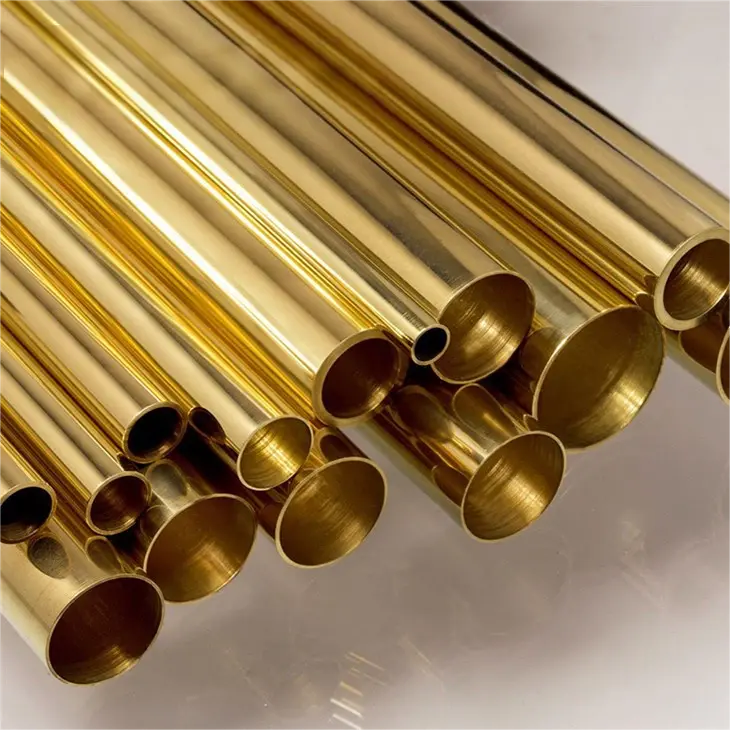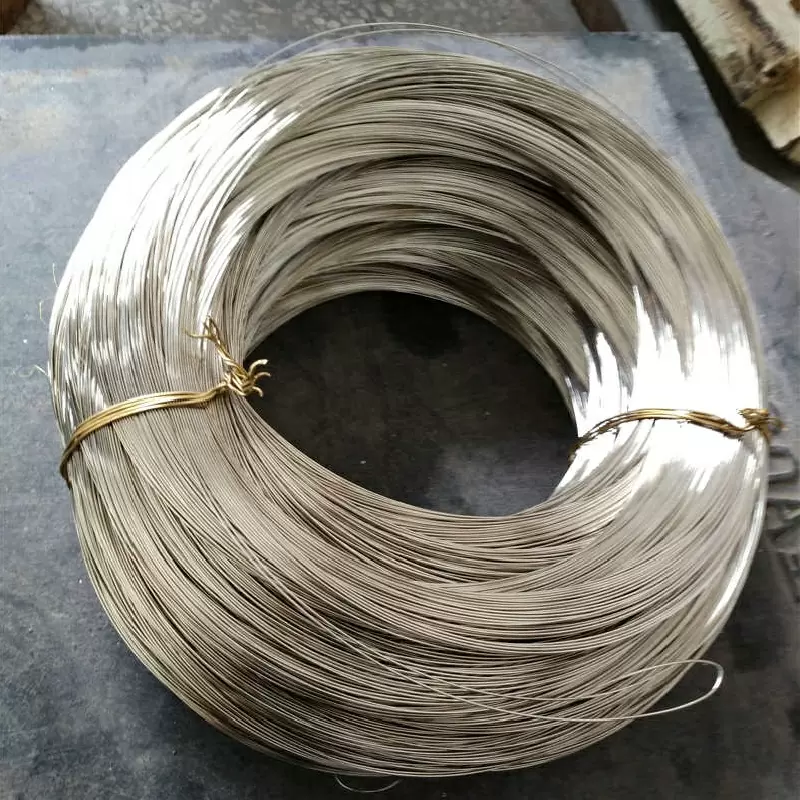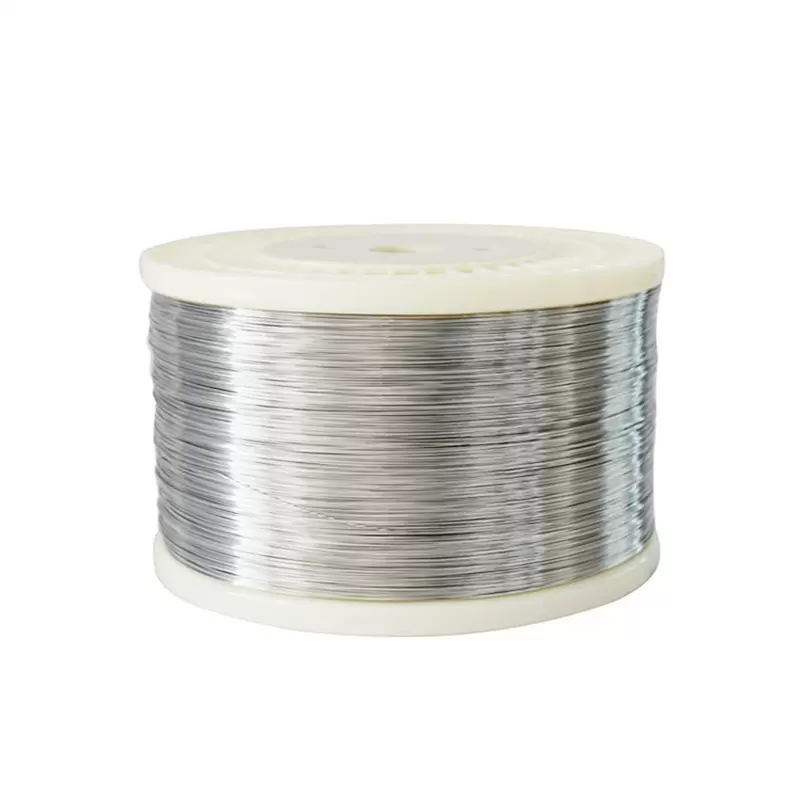Copper has long been valued for its excellent electrical and thermal conductivity, corrosion resistance, and malleability. However, in many industrial applications, pure copper is often alloyed with other elements to enhance its mechanical strength, wear resistance, and other critical properties. These modified materials are known as copper alloys, and they play an essential role across numerous industries.
What Are Copper Alloys?
Copper alloys are formed by combining copper with one or more other metals, such as zinc, tin, aluminum, nickel, or silicon. The resulting materials offer a balance of conductivity and strength, making them ideal for demanding environments.
Common types of copper alloys include:
-
Brass (Copper + Zinc): Known for its bright gold-like appearance and good machinability, commonly used in decorative fittings, valves, and musical instruments.
-
Bronze (Copper + Tin/Other Elements): Offers superior wear and corrosion resistance; used in bearings, marine hardware, and sculptures.
-
Copper-Nickel Alloys: Highly resistant to seawater corrosion, widely used in marine and offshore engineering.
-
Aluminum Bronze: Combines high strength with corrosion resistance; ideal for aerospace and heavy-duty mechanical applications.
Key Properties of Copper Alloys
-
Excellent Corrosion Resistance: Copper alloys perform well in harsh environments, including marine and industrial atmospheres.
-
High Thermal and Electrical Conductivity: Although slightly lower than pure copper, copper alloys still maintain high conductivity, suitable for electrical components.
-
Good Formability and Machinability: These materials are easy to shape and machine, allowing for flexible design and manufacturing.
-
Antimicrobial Properties: Copper and its alloys naturally inhibit the growth of bacteria, making them suitable for hygiene-sensitive applications like hospital fixtures.
Applications of Copper Alloys
Thanks to their versatile properties, copper alloys are used in a wide range of industries:
-
Electrical & Electronics: Connectors, terminals, and bus bars.
-
Automotive: Radiators, brake components, and transmission parts.
-
Construction: Roofing materials, pipes, and architectural elements.
-
Marine Engineering: Propellers, seawater piping systems, and heat exchangers.
-
Aerospace: Landing gear components, hydraulic fittings, and bearings.
Why Choose Copper Alloys?
Choosing the right copper alloy can significantly improve the performance, durability, and lifespan of a product. With a wide range of available grades and compositions, engineers can select a material tailored to their specific needs—whether it’s increased strength, corrosion resistance, or conductivity.
Conclusion
Copper alloys offer a unique combination of performance, reliability, and versatility. As technology and engineering demands continue to evolve, these materials will remain indispensable in shaping the modern industrial landscape.
If you’re looking for high-quality copper alloy materials tailored to your project requirements, feel free to contact us for expert advice and competitive pricing.


















































